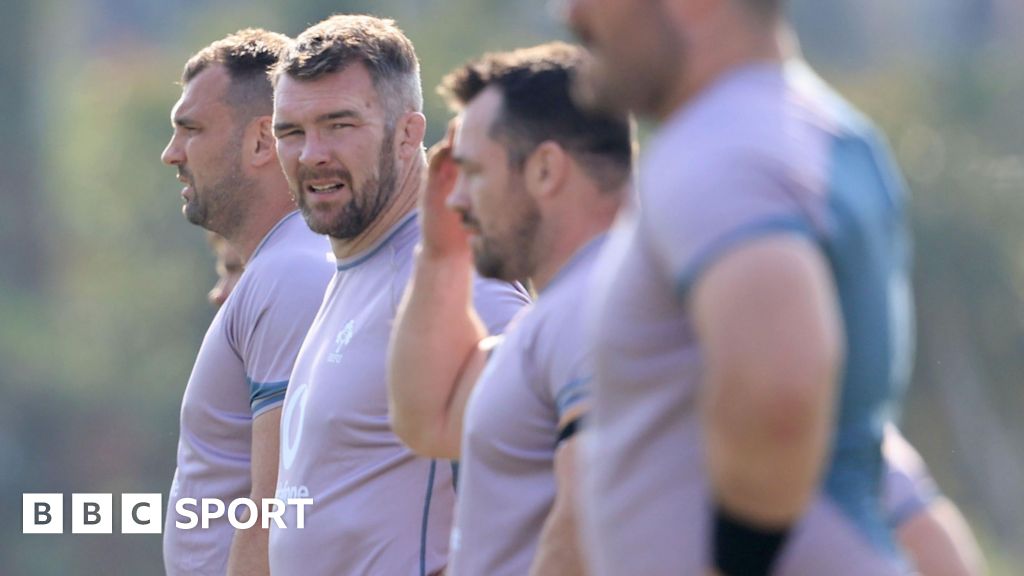Earlier this week, before his return to Ireland’s starting line-up was confirmed, Garry Ringrose offered an insight into the level of importance head coach Andy Farrell attaches to every game.
The fit-again centre recalled Farrell saying “the biggest game in Irish rugby’s history is always the next one”.
Grandiose, yes, but when put to Farrell during his team announcement news conference, the Englishman offered a compelling case as to why he would view Saturday’s second Test against South Africa through that prism.
“Because we are playing against the world number one at [their] home after we have lost a game, and we don’t tend to lose two on the bounce,” said Farrell.
Facing the back-to-back world champions is a big enough deal for a team who covet such a status, but Farrell’s second point warrants further inspection.
Indeed, Ireland’s resilience has been one of the most impressive aspects of his four-year reign.
Consider some of the team’s most significant defeats under Farrell. After losing the series opener to the All Blacks in 2022, they rebounded to win the next two and create a bit of history for Irish rugby.
And having stewed on a World Cup quarter-final defeat by New Zealand for months, Ireland issued a Six Nations statement by beating France on an electric night in Marseille.
Later in the campaign, England fly-half Marcus Smith’s drop-goal denied Ireland the chance of back-to-back Grand Slams, but they still regrouped to see off Scotland and retain the title.
Like a golfer who does not follow up one dropped shot with another, Ireland have been good at moving past pain.
In fact, not since the 2021 Six Nations have they suffered successive losses (a 13-15 loss to France in that campaign was actually their third straight defeat having also been beaten by Les Bleus in the delayed 2020 Six Nations four months prior).

